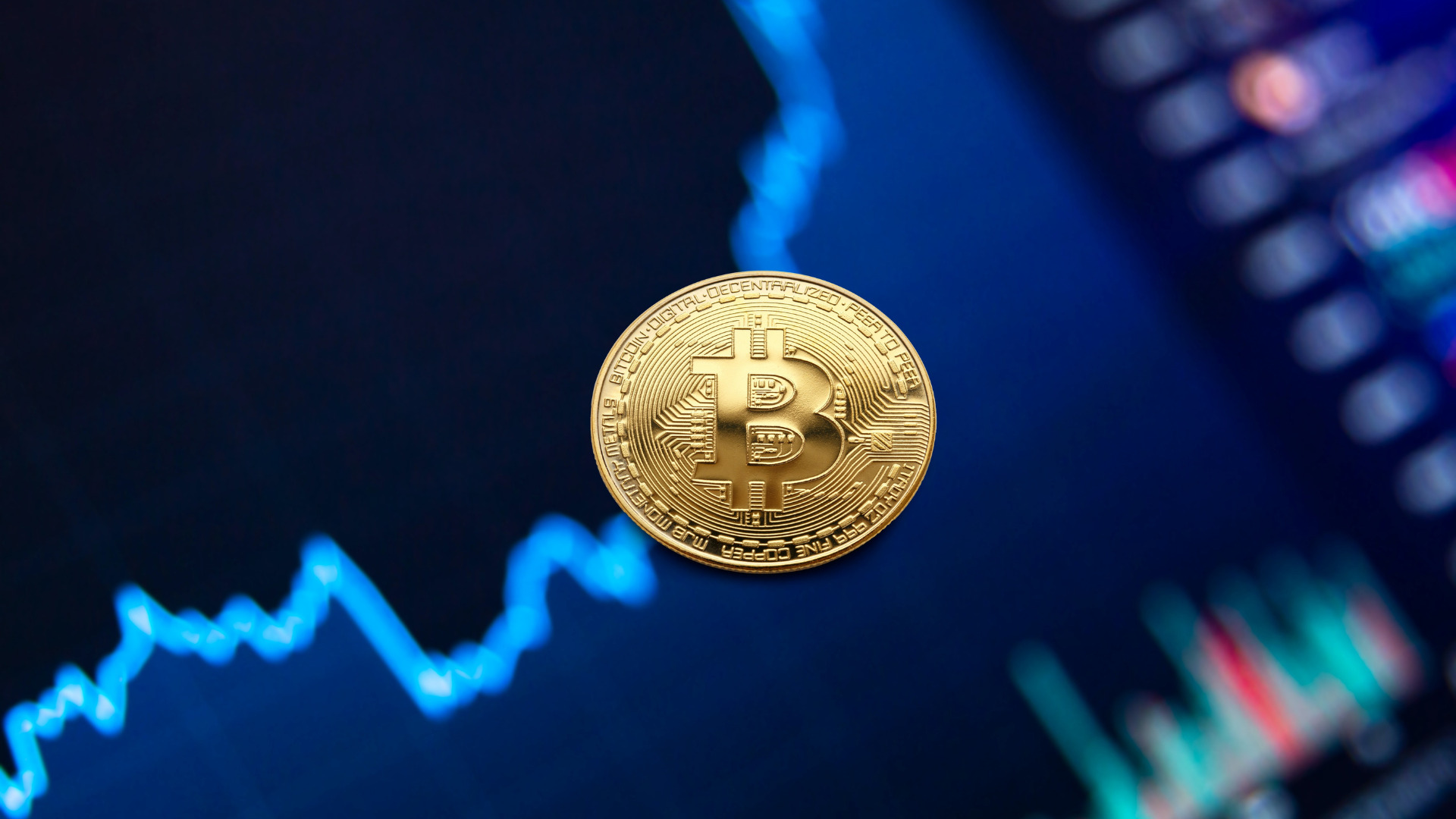
I was shocked when I got to the bank and heard an attendant tell a distressed customer that they could not send money out of Ghana using Western Union. But, even though the situation was disturbing, it assured me that cryptocurrencies would fit in here and adoption needed to happen quickly. In this article, we will explore how crypto is changing the world of payments and remittances in Africa.
Financial regulators in Ghana have asked all financial service providers to link accounts to the new identity card system – the Ghana card. I had been reluctant to take action on this directive, but I finally took the time to visit the bank just three days before the deadline to make inquiries on how to get it done for the only bank account I own for card payments. The story begins as I sat in front of the attendant who was providing the steps for the registration. All of a sudden, they began to talk to another person right behind me. I wish it weren’t as dramatic as I am about to describe it, but the customer was panting and seemed frustrated. They asked if they could send money via Western Union through the bank, and the attendant said no; they then asked if it was just that bank or all of Ghana, and the attendant said, “all Ghanaian banks.”
I did not know what was so urgent that the customer had to jump the queue to ask the question. However, that exchange made me wonder if the customer knew about cryptocurrencies and how the problem they were facing could be fixed with a Binance, FTX, or Coinbase account loaded with USD Coin (USDC) or Bitcoin (BTC).
That situation is just one angle of several angles on how broken the payment system in Africa is. It’s 2022, and PayPal is not available in Ghana. Several people struggle to receive money from family, friends, and even companies, making it hard for people to get the monetary support they need or venture into the vast digital economy.
Remittances provide a lifeline for low-income earning economies. Some of the largest economies in Africa are heavily reliant on remittance as a major source of money for average citizens. The latest data on global remittances captured in the World Bank’s Migration and Development Brief indicates that the sector continues to grow on the African continent. Nigeria attracted inflows of $19.2 billion in 2021 through remittances, the highest of any African country. Behind the largest African state by population is Ghana with $4.5 billion and Kenya with $3.7 billion.
It’s no coincidence that these three countries also have some of the most vibrant cryptocurrency markets on the continent. Data from UsefulTulips, a cryptocurrency peer-to-peer trading site, shows that Nigeria, Kenya, and Ghana make up the top four countries with the highest volumes on P2P marketplaces Paxful and LocalBitcoins.
Cryptocurrencies have become the go-to option for many people in the diaspora looking to send money to the continent. Several people in Africa are embracing crypto as their preferred means of receiving money.
According to Theo Mwangi, co-founder of BitLipa, a blockchain-based remittance app, the increased adoption of stablecoins and Bitcoin as a means of payment is because most people are frustrated with the tools offered by traditional financial service providers.
“Frustrations by legacy remittance tools have been a major pain point for gig economy players seeking to expand their services to abroad clients, Bitcoin and stable coins eg USDT solves this” – Theo Mwangi, Co-Founder at BitLipa.
For some, there are no fast or reliable options, like the example of PayPal not working in several countries on the continent. On the other hand, people with various options that use the traditional financial system like Western Union and MoneyGram are not excited by the availability of these alternatives due to the cost and processes associated with transfers. For example, cryptocurrency transactions cost less than a dollar regardless of the amount of money being sent. These money transfer platforms charge over $10 for transactions depending on the amount being transferred. What’s more, people who receive money through these options have to visit the bank to withdraw the cash. However, crypto is accessible and does not require several processes.
To receive money via crypto, users just need to create an account on any of the peer-to-peer exchanges and send their address to the sender. After the funds are sent, users can exchange their crypto for cash, choosing from the several payment options available in the country.
Perhaps that could explain why the countries with the highest remittance inflows are the same as those with the highest P2P trading volumes.
The possibilities of what crypto could do for payments in Africa are endless. From cross-border to internal payments, costs could be cut by huge margins and processes shortened. What’s more, with the growing phenomenon of African currencies losing value due to several economic factors in 2022, accepting and receiving payments in crypto allow users to hedge against inflation and maintain value.
Op-ed by Elisha Owusu Akyaw
Africa Money and DeFi Summit
The Africa Money & DeFi Summit will connect African fintech, payments & crypto leaders, global platforms and thought leaders on the new opportunities in Decentralized Finance (DeFi) in Accra Ghana on September 27th & 28th 2022. An array of keynotes, panels and breakout sessions will deliver key insights and offer opportunities to connect, network and do business across the African fintech and DeFi landscapes. Register today
